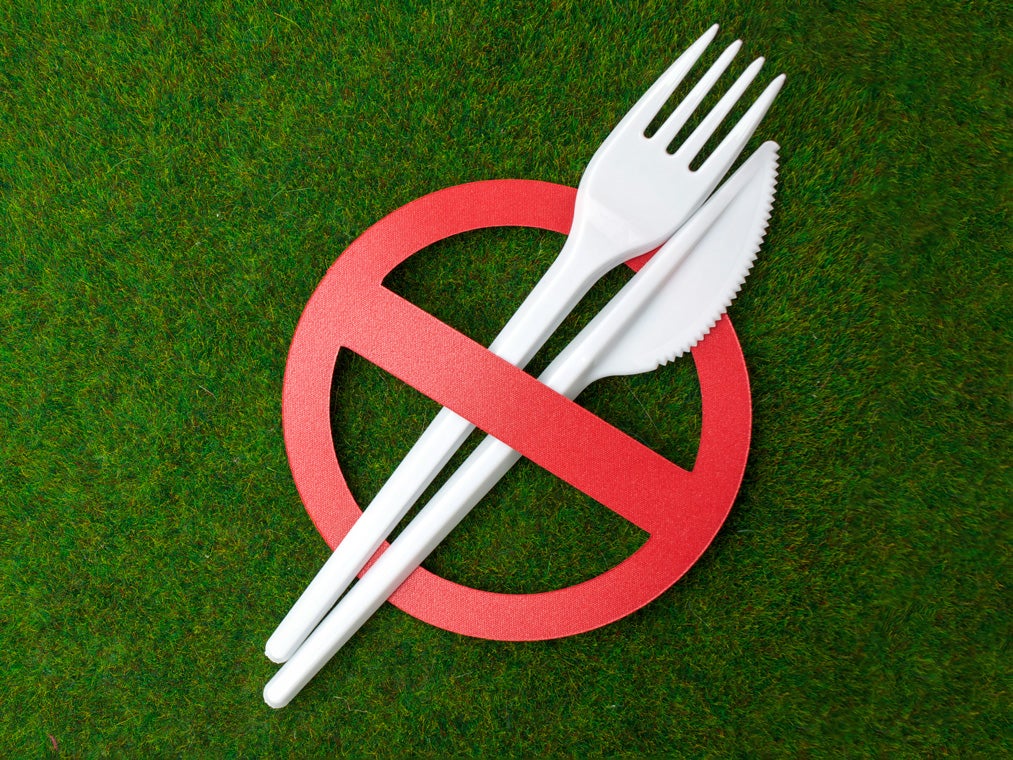01 February 2023
3 min read
#Planning, Environment & Sustainability
Published by:

A single-use plastic ban has come into effect in Victoria on 1 February 2023. What does this mean and what products are impacted?
The Environment Protection Regulations 2021 (Regulations) have been amended by the Environment Protection Amendment (Banning Single-Use Plastic Items) Regulations 2022 (Amending Regulations) to ban single-use plastic products from sale or supply in Victoria.
Regulation 134B of the Regulations defines the banned products as those that are either wholly or partly made of plastic, whether or not that plastic is biodegradable, degradable or compostable. The banned items are:
Any of the above plastic items that are “reusable” are not banned. Reusable means any item that can be used on multiple occasions and is supposed to last at least one year.
There are some exemptions.
An item will not be considered a banned item if:
While still considered a banned item, if the item was purchased before 1 February 2023, or you are supplying to a person who requires a single-use plastic drinking straw due to a disability or for medical reasons, it is not an offence to sell, supply, distribute or provide that item.
The ban makes it an offence to “sell, supply, distribute or provide” any banned single-use plastic items. The offence only applies to “a person conducting a business or an undertaking”.
Under the Environment Protection Act 2017 (Vic), a person who conducts a “business or undertaking” has a broad meaning, but does not include a natural person working in a primarily domestic or private context and not for profit. Employees and volunteers are also not considered to be conducting a business or an undertaking so they are not captured by the ban.
The offence to sell or supply banned single-use plastic items is an infringement offence with a maximum fine of $1,849 for a corporate body (or $370 for a natural person). You can also be charged for the offence with a maximum penalty of $55,476 for a corporate body (or $11,095 for a natural person). The amounts are accurate until 30 June 2023, when the penalty unit rate will be adjusted.
The Amending Regulations also create an offence to lie about the composition of a banned single-use plastic item, with the same penalties as above.
Any business or person working regularly in spaces that rely on providing single-use products subject to the ban should seek legal advice if they have any concerns about the products they are relying on. If you need any assistance, please get in touch with our team using the contact details below.
Disclaimer
The information in this article is of a general nature and is not intended to address the circumstances of any particular individual or entity. Although we endeavour to provide accurate and timely information, we do not guarantee that the information in this article is accurate at the date it is received or that it will continue to be accurate in the future.
Published by: